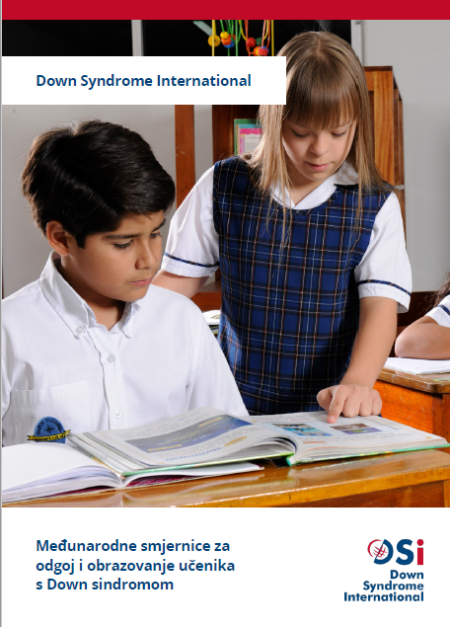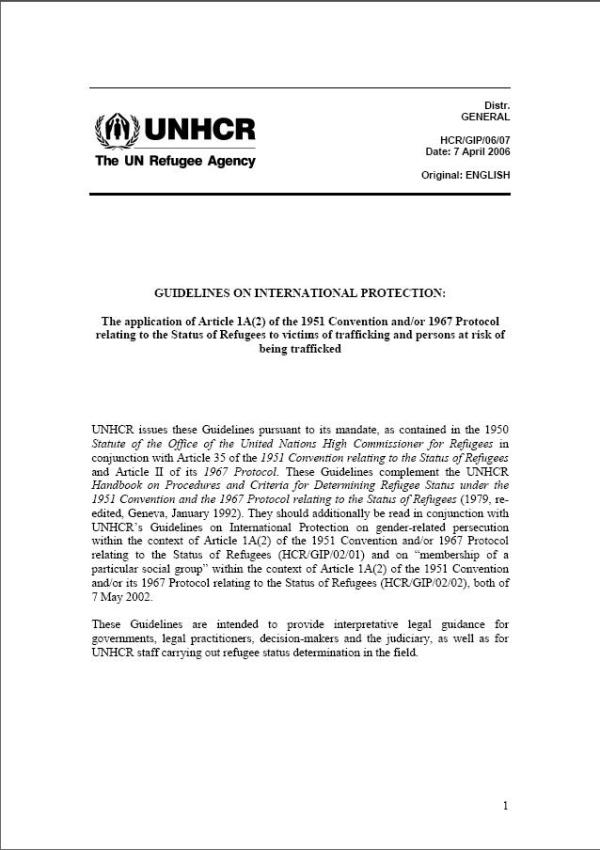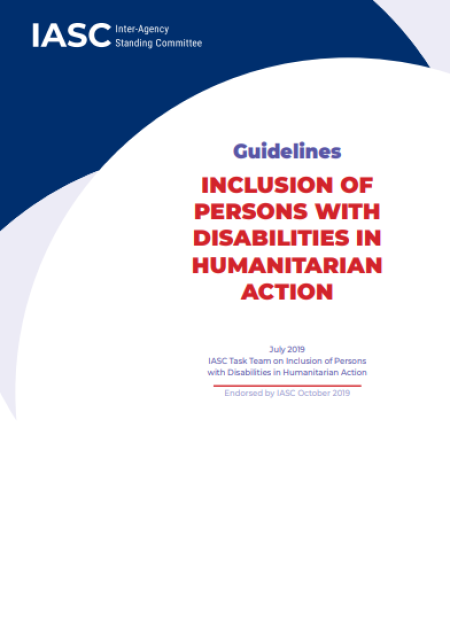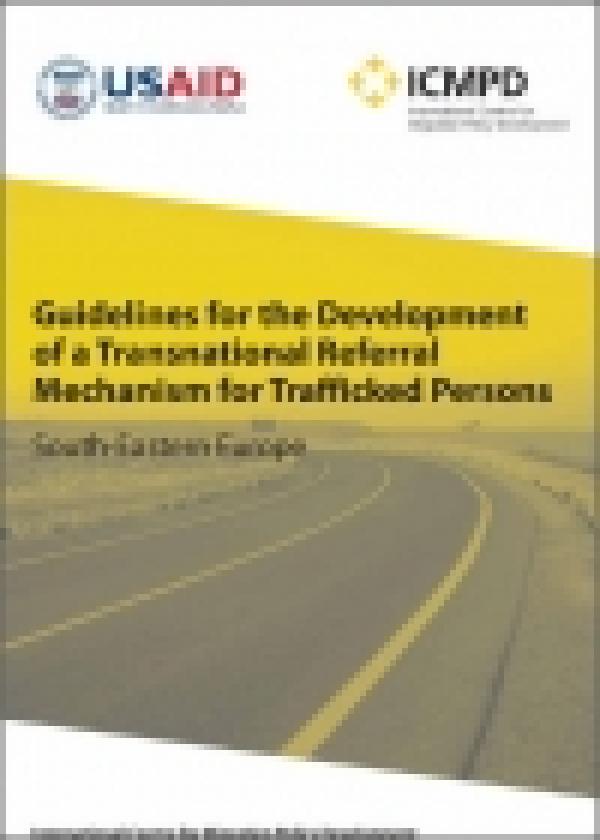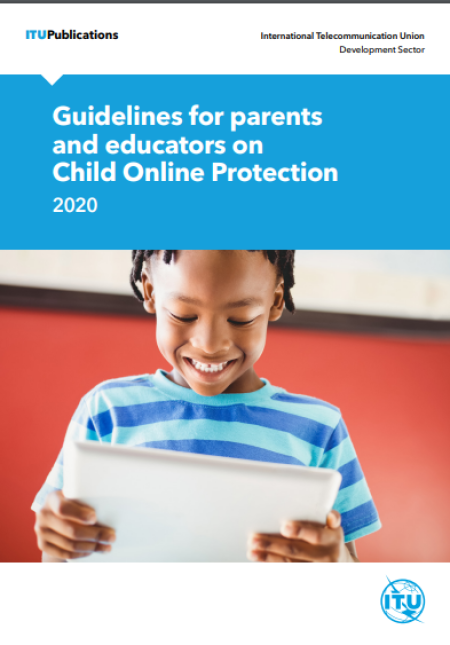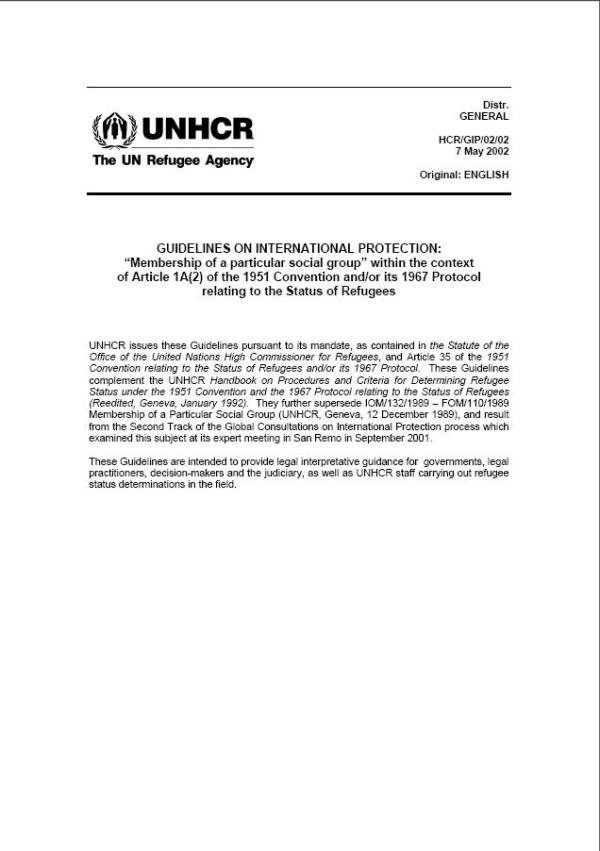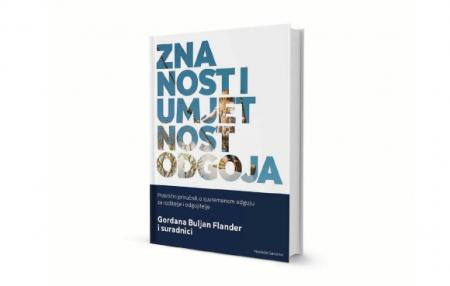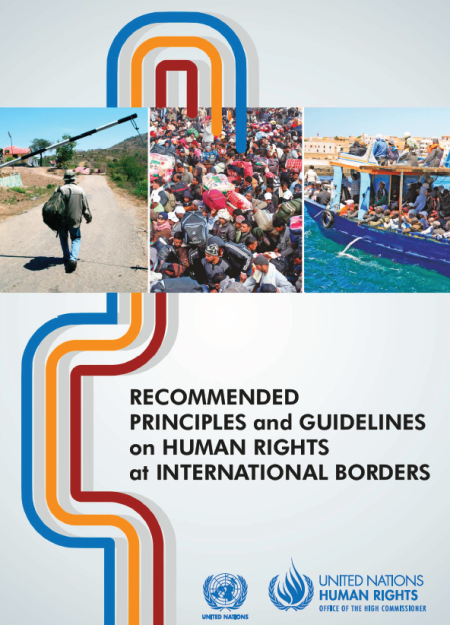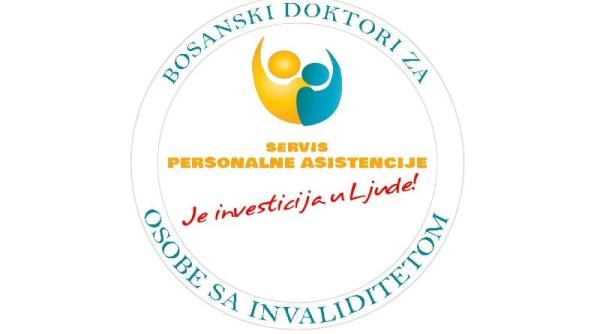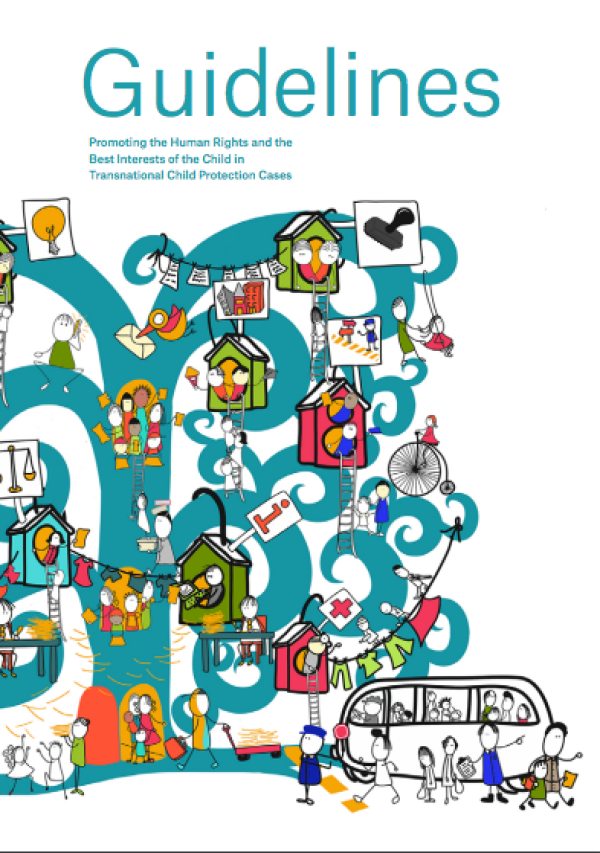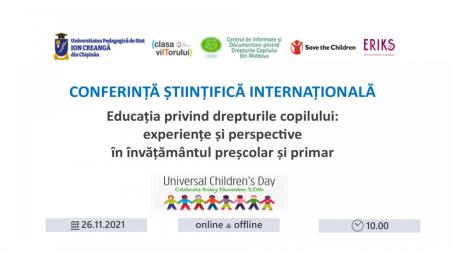
International guidelines for the upbringing and education of students with Down syndrome have been published by Down Syndrome International (DSI). The translation of the guidelines from the English language was done by the association "Life with Down Syndrome of the Federation of Bosnia and Herzegovina", which is also a member of the IDS. The professional translation was done with the support of the company for the provision of language and other services "Language Services Diwan" d.o.o.
By publishing these Guidelines, Down Syndrome International (DSi) seeks to improve the education of students with Down syndrome internationally and to contribute to the realization of their right to inclusive and equitable quality education, as well as the promotion of lifelong learning opportunities, in accordance with Article 24. (Education) of the UN Convention on the Rights of Persons with Disabilities (UNCRPD, United Nations, 2006) and the Sustainable Development Goal no. 4 (SDG 4 - Education) from the United Nations Program on Sustainable Development until 2030 (United Nations, 2015).
The guidelines guide us through the human rights concepts of the UNCRPD focused on inclusive education rights, lifelong learning rights and equal opportunities. The guidelines describe the common characteristics of people with Down syndrome and give recommendations for work in accordance with the possibilities affected by these characteristics. Guidelines for leadership relate to building an inclusive culture in the process of upbringing and education. Special emphasis is placed on teacher education, where the goal is to train teachers to work with people with Down syndrome in order to make the education process better. The learning guidelines address early intervention and reasonable adjustment through all three levels of education. In addition to the guidelines, recommendations are given for learning to support the educational process.
The guidelines are intended for all stakeholders in the field of education, which includes all actors involved in the process of education.
We thank the International Down Syndrome Organization (DSi) and the language and other services company "Diwan Language Services" d.o.o. Special thanks to prof. dr. Lejla Kafedžić.
You can download the guidelines at the LINK.


